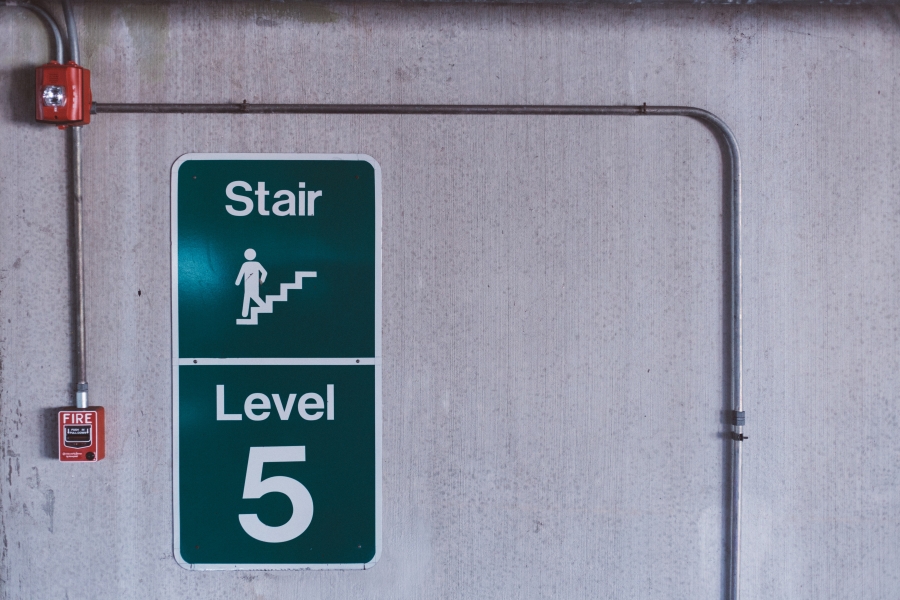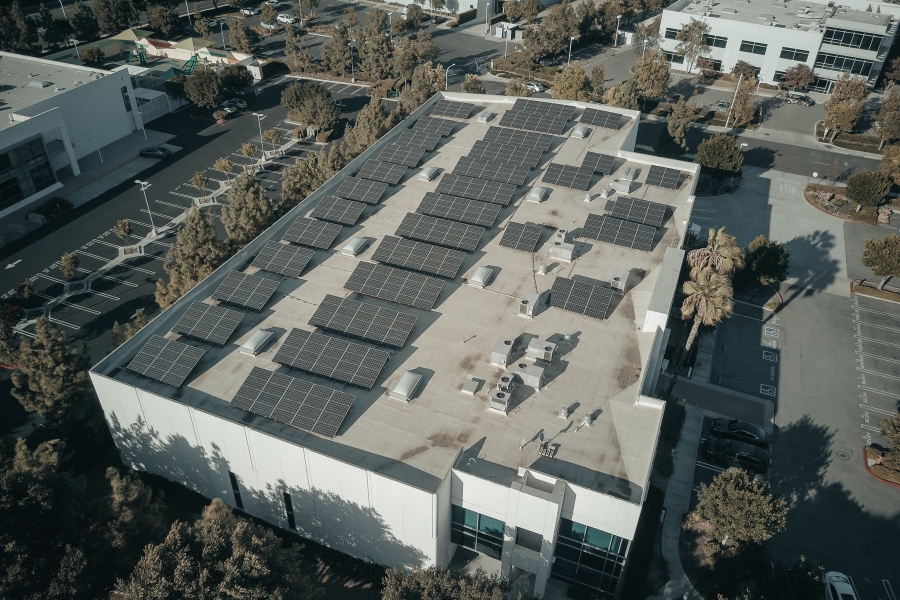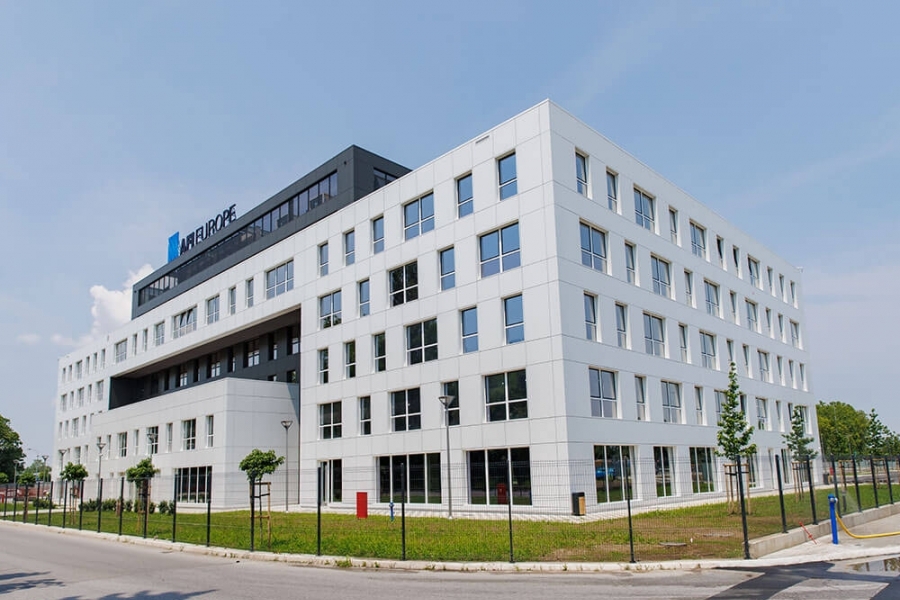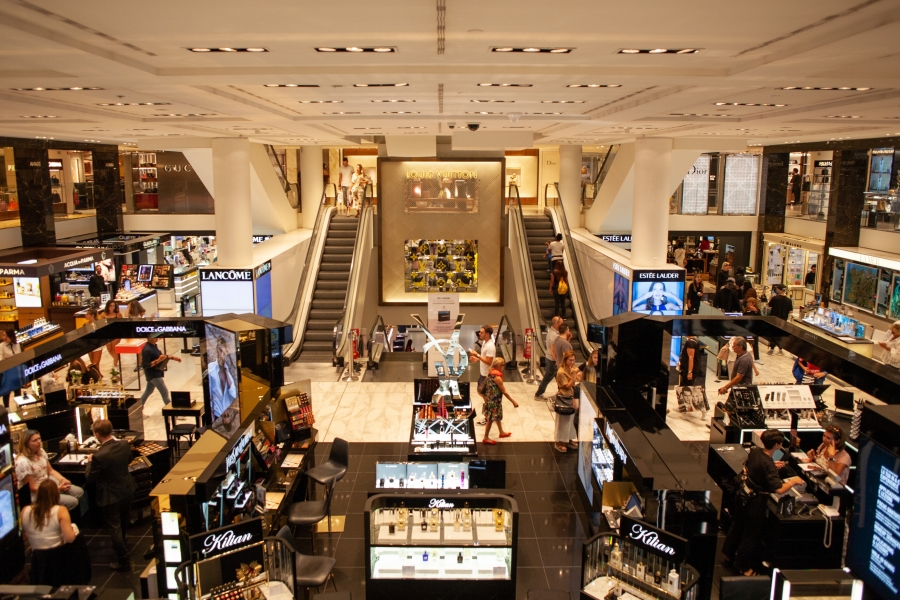
Fire protection systems play a crucial role in ensuring the safety of commercial spaces. These systems are designed to detect, suppress, and control fires, minimizing the risk to people and property. There are various types of fire protection systems available, each tailored to meet the specific needs and requirements of different commercial environments. In this article, we will explore the different categories, types, and variations of fire protection systems for business premises.
Fire protection systems can be classified based on their purpose and functionality. Some key categorizations include:
a) Preventive Fire Protection Systems: These systems focus on preventing fires from occurring and reducing fire hazards. They involve the implementation of fire safety procedures, regular equipment maintenance, and employee training on fire safety.
b) Active Fire Protection Systems: Active fire protection systems are activated when a fire is detected. They consist of fire suppression measures such as sprinkler systems, gas-based systems, or foam-based systems.
c) Passive Fire Protection Systems: Passive fire protection systems aim to limit the spread of fire and provide safe evacuation routes. This includes the use of fire-resistant walls, doors, windows, and insulation that slow down the spread of flames.
d) Integrated Fire Protection Systems: Integrated fire protection systems combine various components to provide comprehensive protection. These systems may include a combination of fire detection, alarm systems, fire suppression, and evacuation systems.
a) Sprinkler Systems: Sprinkler systems are one of the most common and effective fire protection solutions. They consist of a network of pipes with sprinkler heads that release water when triggered by heat, suppressing the fire and preventing its spread.
b) Fire Alarm Systems: Fire alarm systems are designed to detect the presence of fire through smoke or heat sensors. When a fire is detected, the system activates alarms to alert occupants and initiates appropriate emergency procedures.
c) Fire Extinguishers: Fire extinguishers are portable devices that can be used to extinguish small fires. They come in different types, such as water-based, foam-based, powder-based, and CO2-based extinguishers, each suitable for specific types of fires.
d) Fire Suppression Systems: Fire suppression systems utilize various agents, such as clean agents, water mist, or gas-based agents, to suppress fires quickly and effectively. These systems are often used in areas with valuable equipment or sensitive materials.
In addition to traditional fire protection systems, there are alternative options available for enhanced fire safety in commercial spaces. These options include:
a) Fire Retardant Coatings: Fire retardant coatings can be applied to surfaces to enhance their resistance to flames and slow down the spread of fire.
b) Smoke Control Systems: Smoke control systems help manage smoke and heat in the event of a fire, allowing for safer evacuation routes and reducing the risk of smoke inhalation.
c) Emergency Lighting: Emergency lighting systems provide illumination during power outages or emergency situations, ensuring that occupants can safely navigate and evacuate the premises.
d) Fire Safety Training and Education: Implementing comprehensive fire safety training programs for employees can enhance their awareness and preparedness in the event of a fire.
Different types of commercial spaces have unique fire safety requirements. It is important to consider the specific characteristics and potential fire hazards associated with each type of premises. Here are a few examples:
a) Restaurants: Restaurants have specific fire safety challenges due to the presence of kitchen appliances and a higher likelihood of fires caused by cooking activities. Fire protection systems for restaurants should focus on detecting and suppressing kitchen fires, as well as providing evacuation routes for guests and staff.
b) Retail Stores: Retail stores can have a significant amount of flammable materials, such as clothing, electronics, or chemicals. Fire protection systems for retail stores should emphasize early fire detection, fire suppression, and providing safe evacuation routes to protect merchandise and customers.
c) Office Spaces: Office spaces typically contain valuable equipment and a large number of people working in one place. Fire protection systems for offices should focus on fire detection, prompt evacuation response, and protection of critical data and equipment.
d) Hotels: Hotels have numerous rooms and continuous guest presence. Fire protection systems for hotels should provide early fire warning, efficient guest evacuation, and prevent fire spread to other parts of the building.
Fire protection systems for commercial buildings can be classified based on various factors, including:
a) Size and Complexity: The size and complexity of a commercial building influence the type and scale of fire protection systems required. Large buildings may require more advanced systems with extensive coverage and integration capabilities.
b) Occupancy Classification: The nature of the business or activities taking place within a commercial building affects the fire protection requirements. Buildings with higher fire risks, such as manufacturing facilities, may require specialized fire protection systems.
c) Regulatory Compliance: Fire protection systems in commercial spaces must comply with local fire safety regulations and codes. Compliance ensures that the systems meet the necessary standards for optimal fire safety.
The fire protection industry offers a wide range of systems and solutions to cater to the diverse needs of business premises. These systems include advanced fire detection technologies, automatic fire suppression systems, intelligent alarm systems, and integrated fire safety management systems. By selecting the appropriate combination of systems, businesses can achieve comprehensive fire protection tailored to their specific requirements.
Fire protection systems can be categorized based on the specific needs and requirements of different business premises. This classification ensures that the systems are customized to address the unique challenges and risks associated with each type of commercial space. The categorization may include factors such as the size of the building, occupancy, fire hazards, and regulatory compliance.
Each business premise has its own unique needs and demands when it comes to fire protection systems. To ensure optimal protection, it is often necessary to customize fire protection systems to appropriately address these requirements. Customized fire protection systems may involve a combination of different components, such as fire detection, fire suppression, and evacuation plans, to create an integrated protection system.
There are specific variations of fire protection systems tailored to meet the specific needs of certain types of business spaces. These variations can be applied to adequately address the unique requirements and challenges. Some examples of specific variations of fire protection systems include:
a) Server Rooms: Server rooms contain a significant amount of sensitive electronic equipment and data. Fire protection systems for server rooms should focus on detecting high temperatures and quickly extinguishing fires to prevent equipment damage and data loss.
b) Manufacturing Facilities: Manufacturing facilities often have specific requirements for fire protection, especially in industrial processes that generate high temperatures or involve flammable materials. Fire protection systems for manufacturing facilities need to be tailored to address these specific risks and may involve the use of specialized fire suppression equipment.
c) Hospitals: Hospitals are complex facilities with numerous rooms and a high volume of people. Fire protection systems for hospitals should focus on rapid patient evacuation, prevention of fire spread through ventilation systems, and the establishment of safe zones for treatment and recovery.
d) Museums and Galleries: Museums and galleries often house priceless artistic and cultural artifacts. Fire protection systems for these spaces should provide fire detection, rapid fire suppression, and special protection measures to prevent damage or destruction of these valuable objects.
Conclusion
Fire protection systems play a vital role in safeguarding commercial spaces from the threat of fire. There are various types of fire protection systems and variations that can be customized to meet the specific needs of each business premise. Making the right selection and implementing fire protection systems correctly are crucial for ensuring optimal protection, reducing the risk of fires, and securing the safety of employees, visitors, and property.
At Boxter, our company specializes in the design and installation of fire protection systems for both residential and commercial buildings. With our experienced team of engineers and a commitment to safety, we provide comprehensive solutions tailored to meet the specific needs of our clients. Fire safety is our top priority, and engaging our services will ensure that your business premise is protected to the highest standards.

Solar heating is an increasingly popular solution for heating commercial buildings. By harnessing the power of the sun, businesses can enjoy numerous ...
More

As a company engaged in the installation and design of heating systems in the construction industry for residential and commercial buildings, business...
More

Shopping malls are bustling spaces where shoppers come to explore, browse, and make purchases. A crucial aspect of creating a pleasant and inviting en...
More